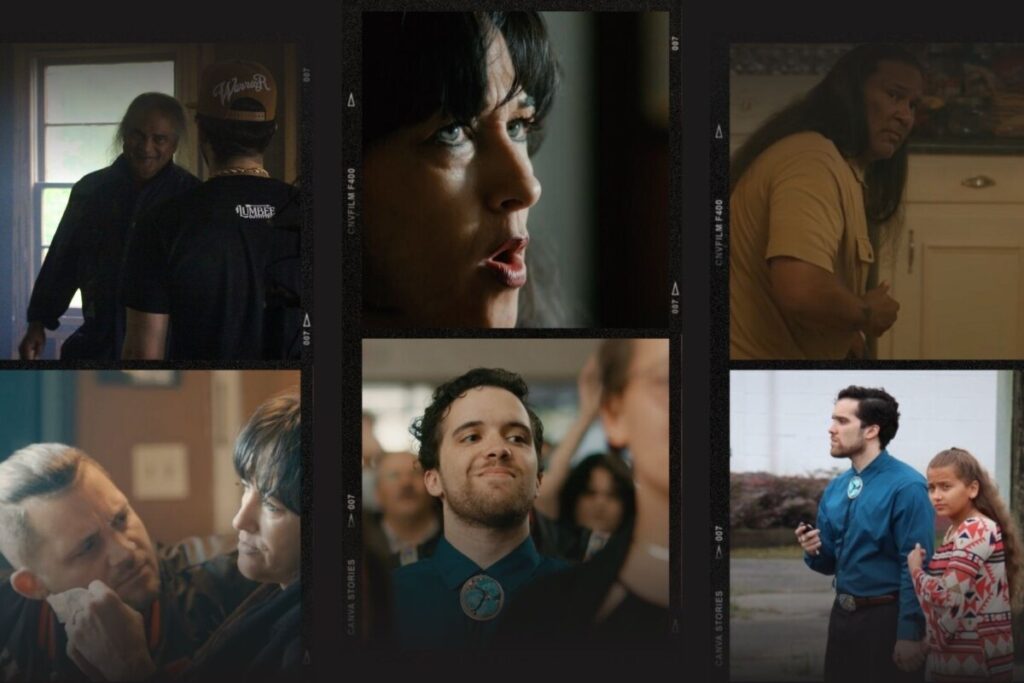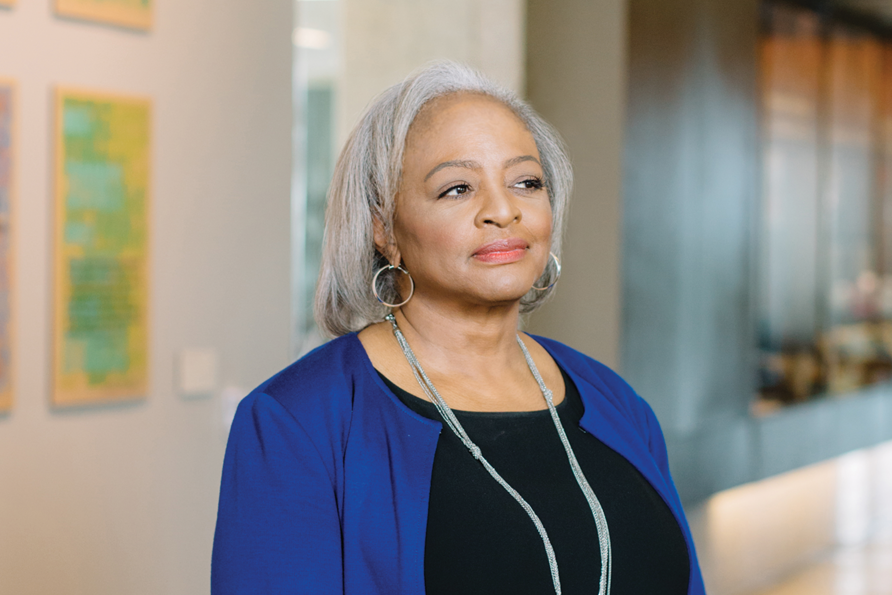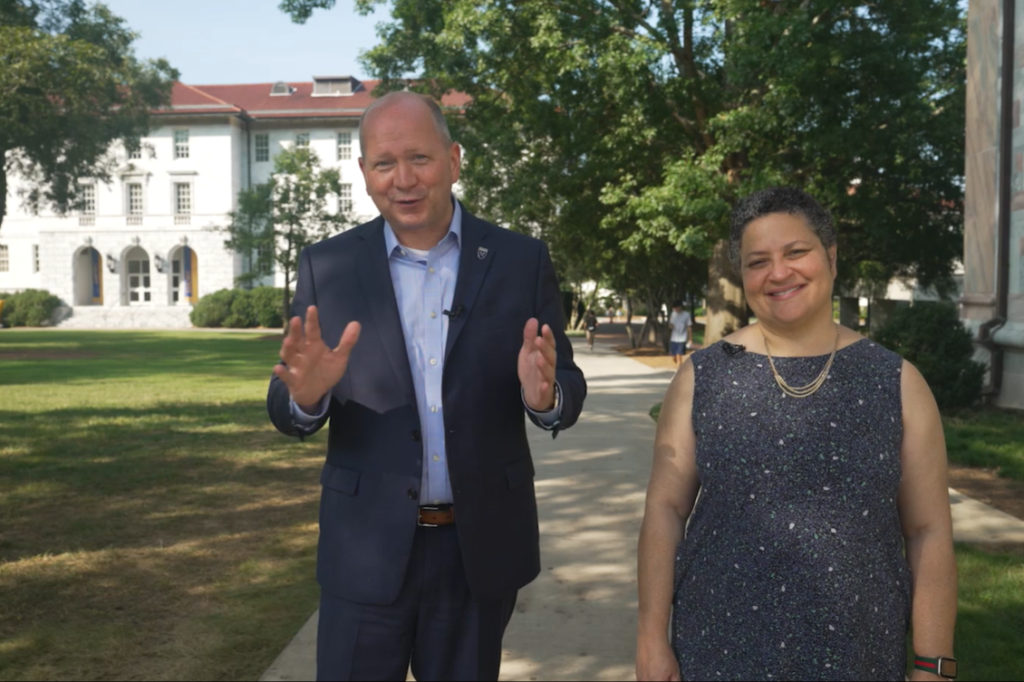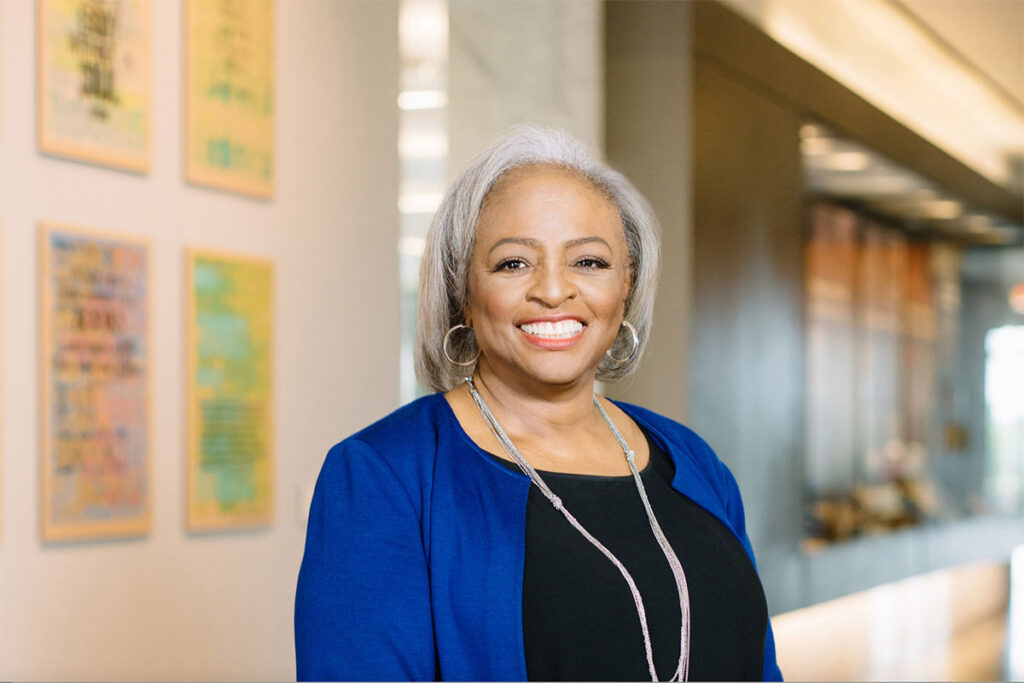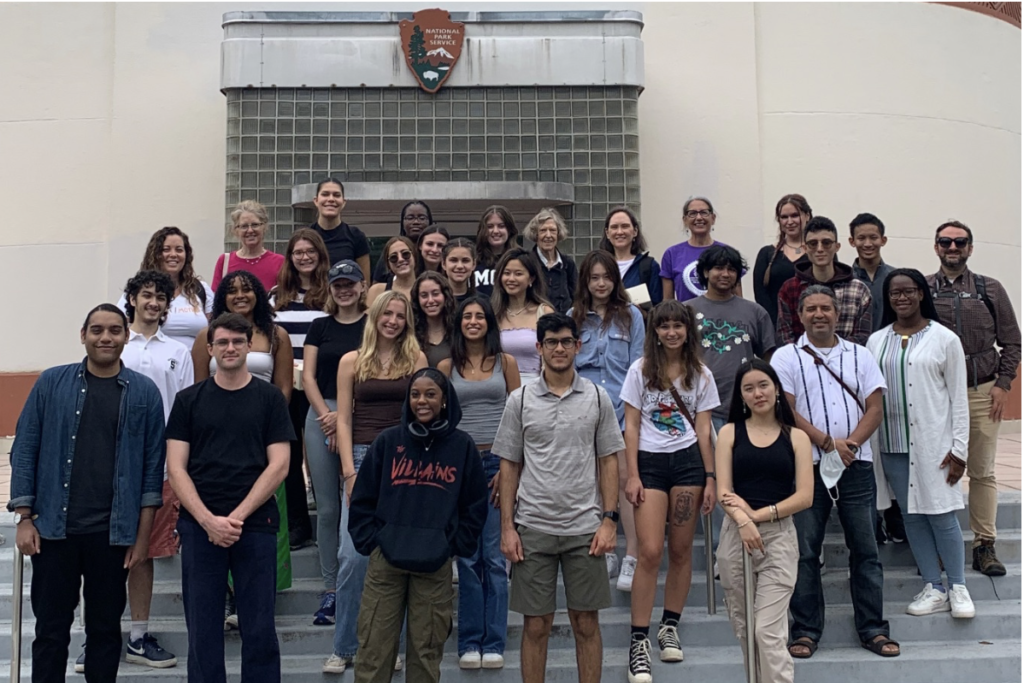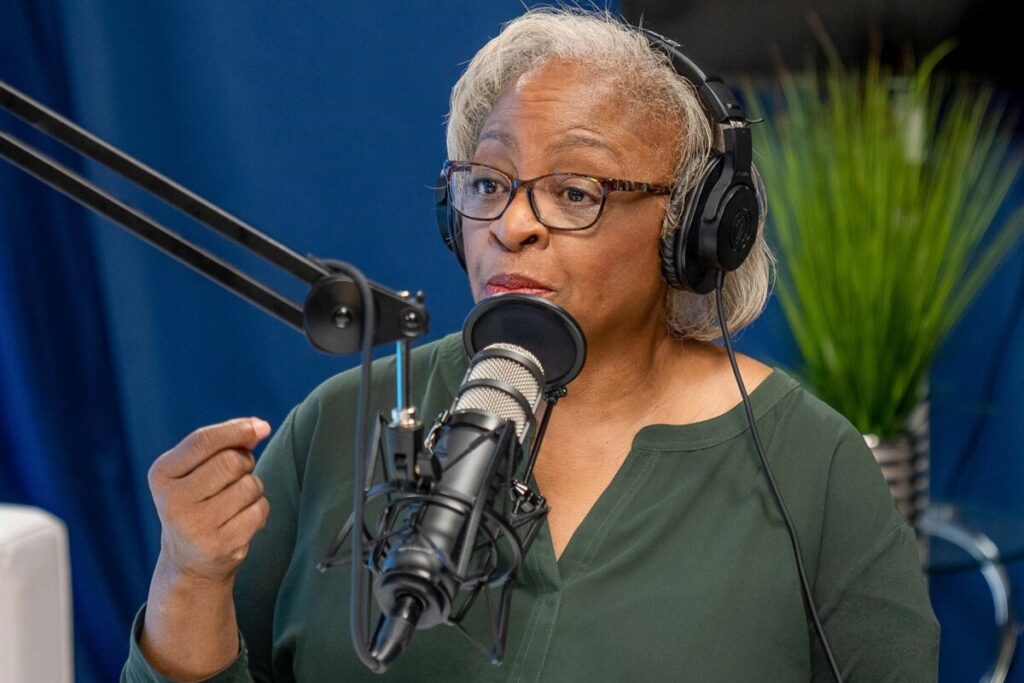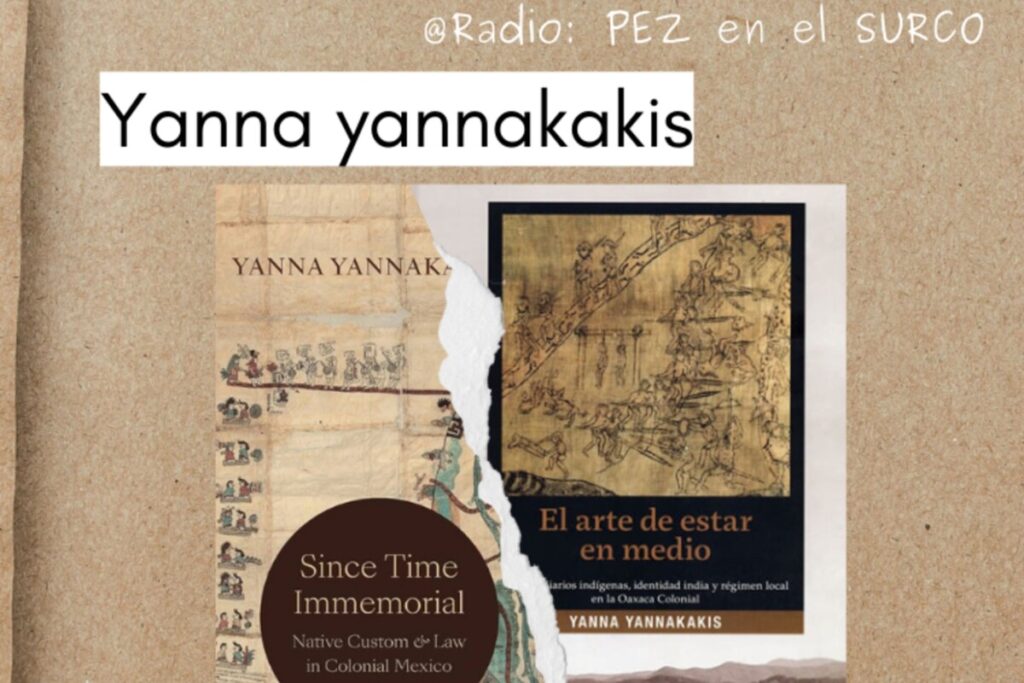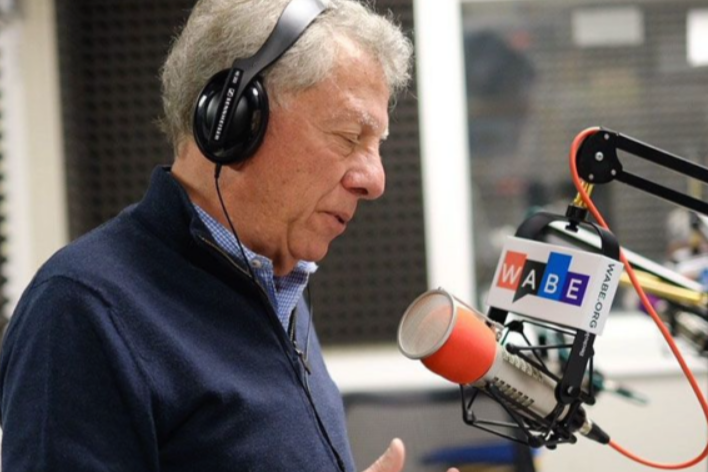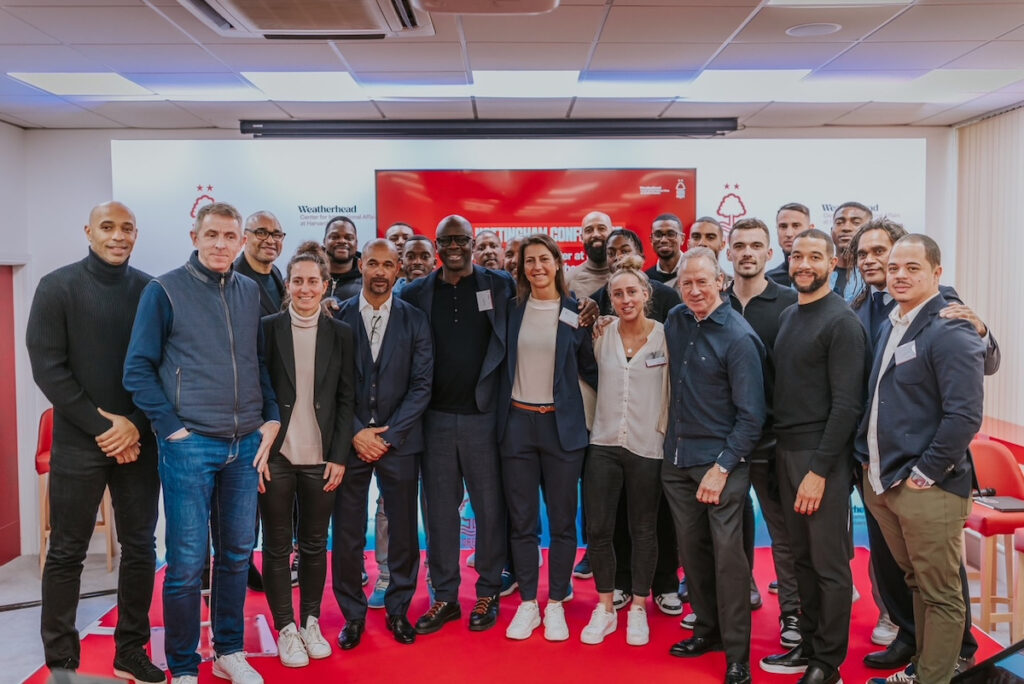
Dr. Carl Suddler, Associate Professor of History, recently spoke at a landmark gathering of European soccer players held in the United Kingdom. The conference brought together towering figures of the sport, such as Lilian Thuram, Thierry Henry, Christian Karembeu, Robert Pires, Olivier Dacourt, Zé Maria, Viv Anderson, and Stan Collymore, seeking to advance anti-racist and gender equity initiatives in the game. The Emory News Center published a wonderful feature of Suddler’s experience, including how the players inspired him to expand his talk beyond the planned topic – the history of US activism in sport – to broach why countries around the world struggle to reckon with the racialized inequities and prejudices that have long structured their societies. Suddler is the author, most recently, of Presumed Criminal: Black Youth and the Justice System in Postwar New York (NYU, 2019). Read the full Emory News Center piece here: “Emory professor Carl Suddler speaks at landmark European soccer summit seeking anti-racism, gender-equity actions.”
